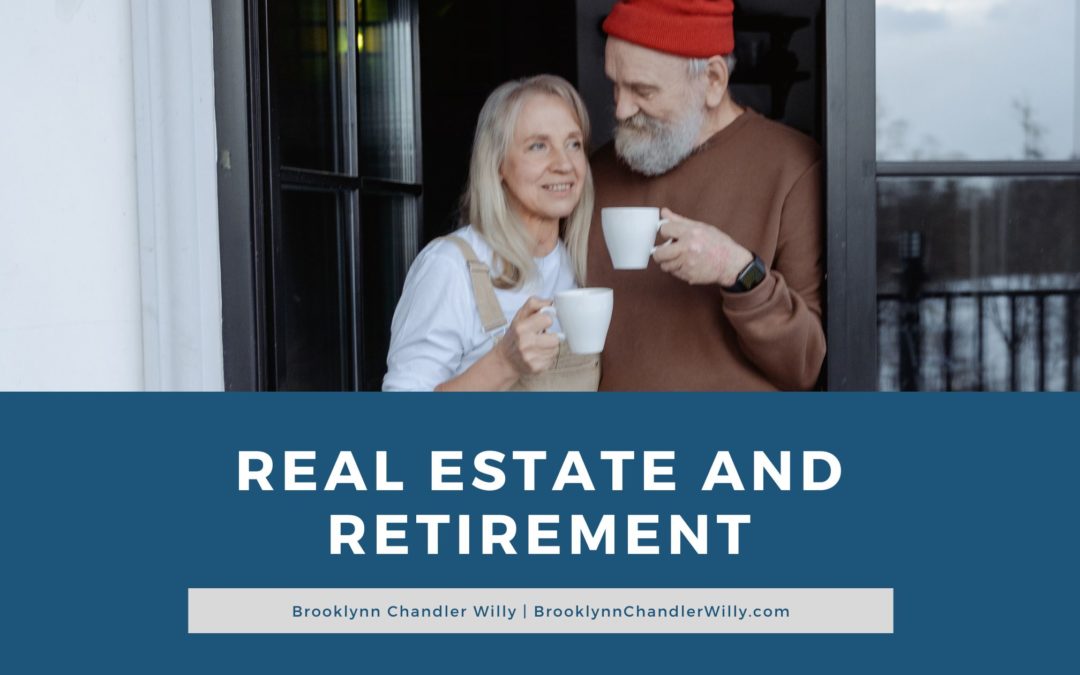Whether you invest in a physical property, such as an apartment building, or an investment in a real estate investment trust or mutual fund, many financial-planning professionals say that income-producing real estate is essential for a well-performing retirement portfolio. A study of asset returns in developed countries over the last 150 years found that real estate investing for retirement offers the best of both worlds.
Real estate investing for retirement can provide a ton of benefits. You can capitalize on your property to raise retirement income fast and safely, and it may allow you to retire young or catch up on your retirement savings later in adulthood. Here are a few ways real estate can improve your retirement plan:
Ongoing income
Purchasing a property in the city where you live or owning a house in a popular vacation spot can help generate income that can later be used in retirement. For example, you could buy an apartment, lease it to tenants and collect monthly rent. Moreover, if you buy a cabin in the mountains, you could use it as a home away from home and rent it to others when you are not using it. It is crucial to carefully consider whether the property’s rental income will be enough to cover the related expenses. This can be achieved by calculating the expected revenue and then subtracting the costs.
Returns can Adjust for Inflation.
Realistically, ongoing income doesn’t stay static. Property owners can increase the rent each year to match or even surpass the current inflation rate. Your monthly mortgage payment will remain the same, even as your rent grows. Additionally, that leaves a gap between your rent and your mortgage payment, a margin that disproportionately grows each year.
Rising Equity and Net Worth
Your net worth will rise over time instead of decreasing because you don’t have to sell off any assets to generate income.
Property owners will see their equity grow from both directions because their rental properties usually appreciate, over time, growing in value. Moreover, their residents pay down their mortgage, so their debt shrinks as the property value rises. The goal is that their tenants pay off the mortgage entirely, leaving them with a free and clear rental property and even greater cash flow for retirement income.
This blog/website is only made available for educational purposes. It is designed to give visitors general information and a general understanding of select financial topics. It is not intended to provide specific financial or investment advice. Conduct your own due diligence or consult a licensed financial advisor/broker before making any and all financial/investment decisions.

